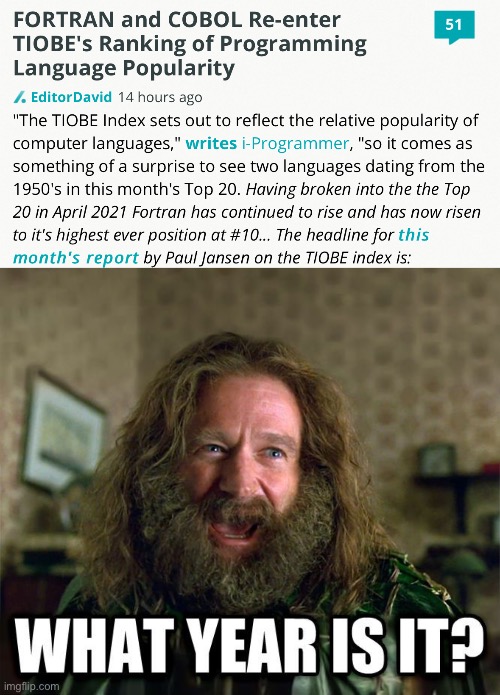COBOL is actually not that bad. It can work with SQL, it can have unit testing/integration testing. It can even go on the web (LOL).
But in all seriousness, the bad part about COBOL is lack of context. Most code that is in COBOL has not been touched in decades. And no one is willing to modify because of serous consequences (AKA job ruining errors) that can occur.
I worked with it in insurance and transportation. In both cases, the COBOL was actually pretty solid...but we didnt know WHY we were doing the operations.
